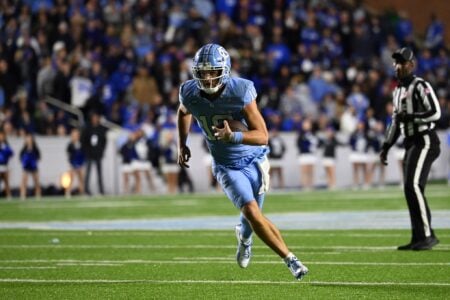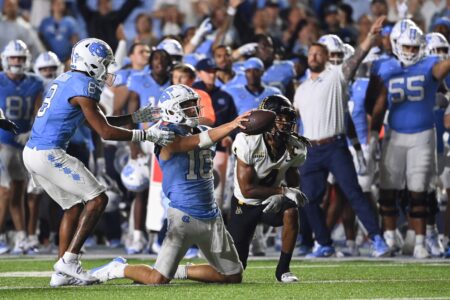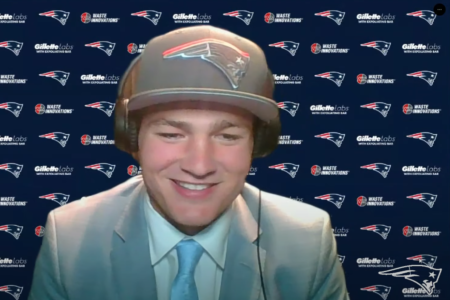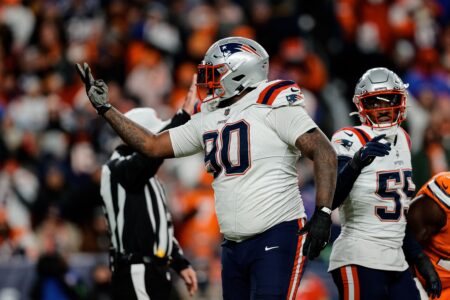makewayhomer
Rotational Player and Threatening Starter's Job
- Joined
- Mar 13, 2007
- Messages
- 1,030
- Reaction score
- 0
I am amazed that neither Tampa nor Jacksonville has stepped up to sign Bryant Johnson. Who is arguably as good or better than the likes of Jerry Porter and Javon Walker.
Also, Tampa NEEDS to spend some money because they are in jeopardy of not reaching the cap FLOOR. Yes, you read that right. There is a cap FLOOR. An absolute minimum that teams are required to spend every year. Also, I believe, and Miguel can correct me on this, that when teams don't use all the cap money, the salary caps get adjusted up for the following year.
not every organization has the actual money to spend all their available cap dollars. getting to the minimum is probably just a matter of issuing LTBE incentives.

















